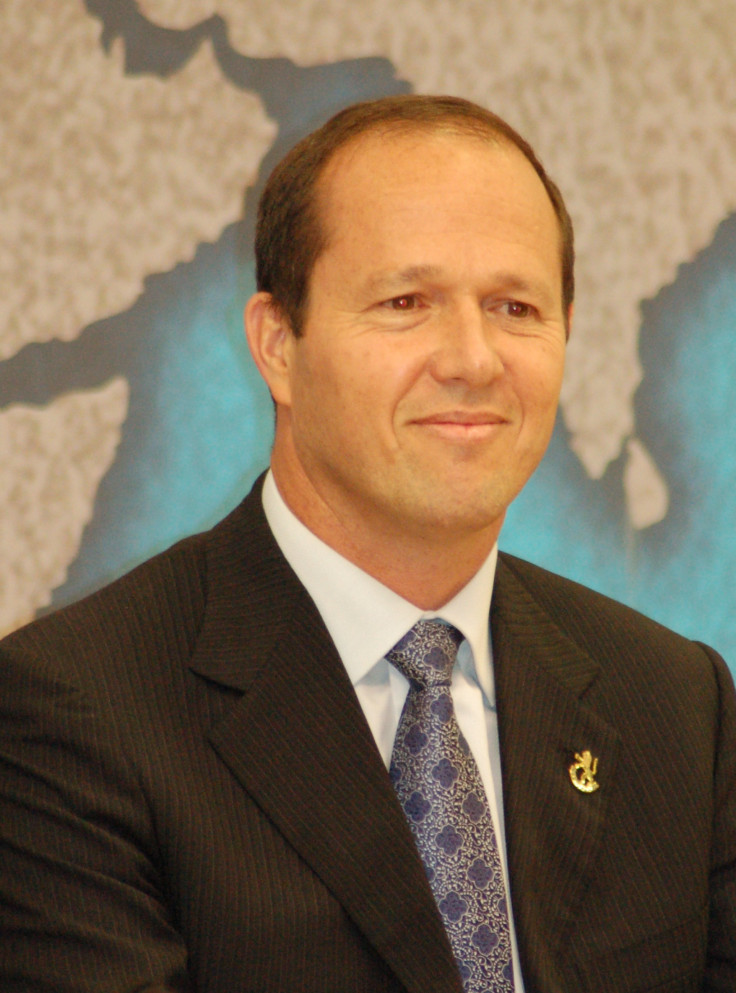This Year In Jerusalem: Voters To Choose Between Secular And Ultra-Orthodox Candidates, As Arabs Boycott Poll

Residents of the ancient city of Jerusalem, Israel are voting in municipal elections that offers voters a stark choice between secularism and religious ultra-orthodoxy.
The Jerusalem Post reported that municipal elections are quite different from national polls – for instance, turnout is often low since one candidate usually attracts an outsized number of voters. In addition, party affiliations mean little in local elections; indeed popular mayors and city council members have frequently run on independent tickets rather than be linked to national parties which may be out of favor at any given time.
The results of the current race may impact the Likud government of Prime Minister Benjamin Netanyahu, who is closely linked to both major candidates, his former director-general Moshe Lion and his close friend, incumbent mayor, Nir Barkat, a secularist and former high-tech entrepreneur whose victory in the 2008 election marked the end of lengthy domination by ultra-Orthodox Jews over the city’s affairs. Lion is supported by two prominent right-wing politicians, including former foreign minister Avigdor Lieberman and Ariyeh Deri, chairman of Shas, an ultra-Orthodox political party.
Early polls have suggested Barkat is in the lead, but an unusually large number of undecided voters have raised questions about the outcome. "The votes today will determine how the city's going to look in the next five years. There's no doubt in my mind, we know the majority of the residents of [Jerusalem] liked the last five years and they are really interested and eager to have an additional five years with me," Barkat said.
Netanyahu, who cast his ballot on Tuesday morning, urged his fellow Israelis to vote. “You can decide who will continue the momentum, the progress and the development,” he said. “We are doing all that on a national level and we need strong, experienced and talented people to continue it on a local level.”
Separately, the Arab community of Jerusalem is boycotting the election, as they have done in prior years, to protest Israeli control of the city. Palestinians view East Jerusalem as the capital of their future independent state. “Jerusalem’s Palestinians decided on a strategy to not vote in local elections in order to send a clear message to the world that we are living under occupation and don’t recognize the annexation of the city,” said Ahmad Sub Laban, a Palestinian field researcher, according to Bloomberg.
Most foreign nations do not recognize Israel’s control of the eastern part of the city, where the Palestinians reside, and which was captured by Israel in the 1967 war. "So long as I am prime minister, Jerusalem will remain our united capital. That's how it will be," Netanyahu declared.
As Israel’s largest city, Jerusalem is notoriously difficult to govern – its 800,000 residents are evenly divided among secular Jews, modern Orthodox residents, ultra-Orthodox Jews and Palestinian Muslims, reported Associated Press. But Barkat and Lion are unified on one crucial issue -- both reject the notion of shared sovereignty of the city, Bloomberg reported. Barkat himself has refused to allow any territorial concessions to the Arabs and has encouraged Jews to live in Arab neighborhoods in the East.
Strangely, while Jerusalem is the cultural capital of Israel, it remains quite poor by Israeli standards, something Lion has blamed Barkat for. Netanyahu, who would appear to be ideologically closer to Lion, is nonetheless staying out of making endorsements in the mayoral race. “Since Barkat basically shares and supports Netanyahu’s positions on the status of Jerusalem, the motivation to make a change isn’t there,” said Abraham Diskin, political science professor at The Hebrew University of Jerusalem. “It is also likely the prime minister is not that comfortable with Lion’s ties to Lieberman and Deri, with whom he has complicated relations.”
© Copyright IBTimes 2024. All rights reserved.











